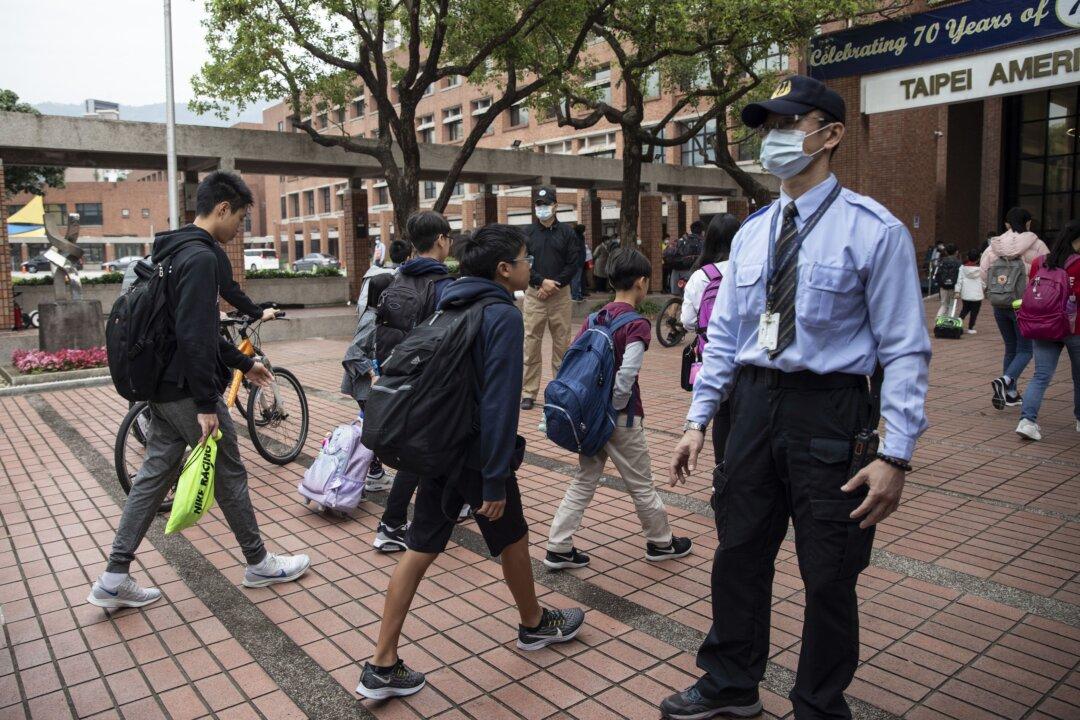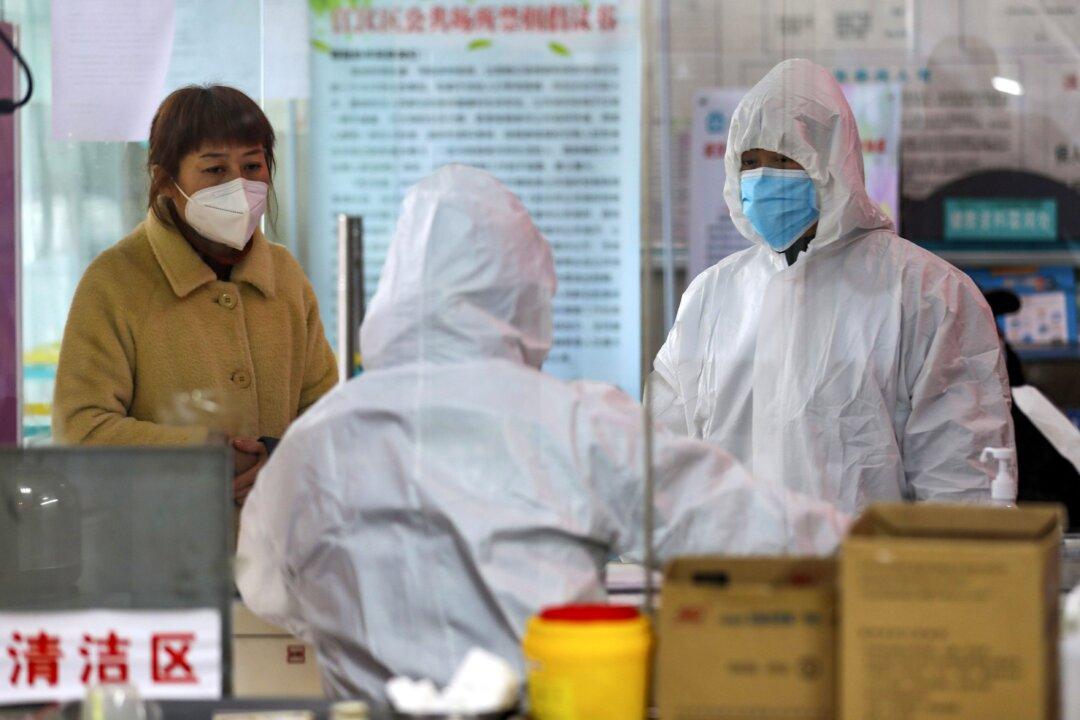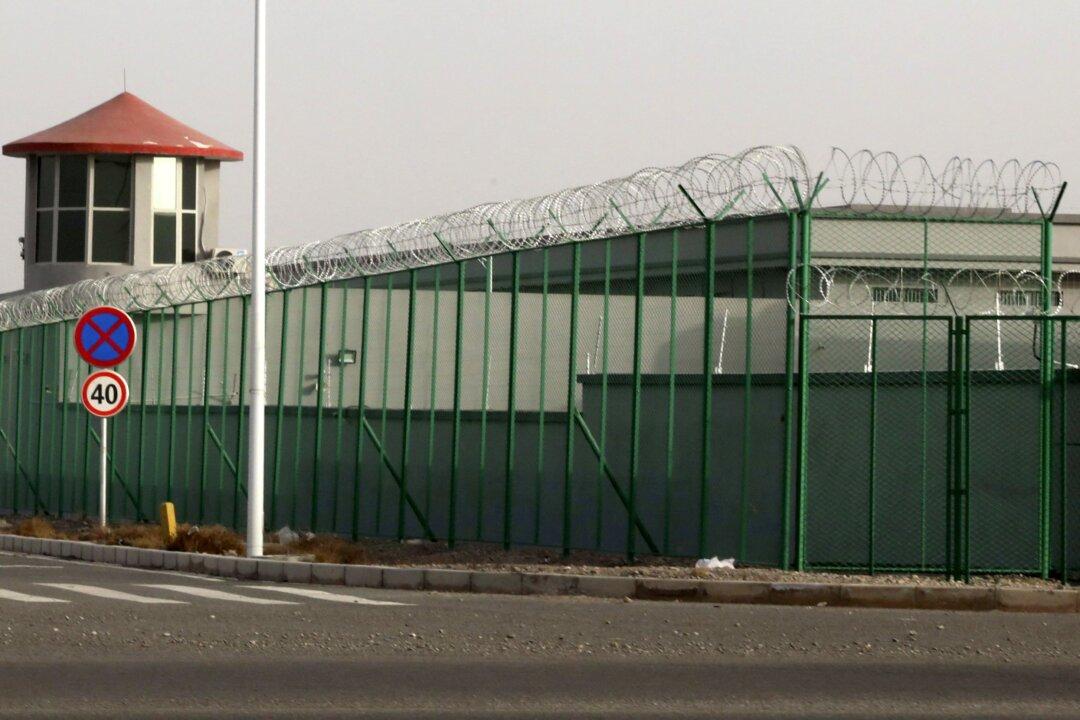When 12 democratic governments seeking to check Soviet expansion formed NATO by treaty in 1949, it seems unlikely that any of their political leaders thought they would today number 28 and become the most successful defensive military alliance in history.
Post-1952 American President Dwight D. Eisenhower noted at the time, “We are engaged in a war of great ideologies. This is not just a casual argument between slightly different philosophies. This is light against dark, freedom against slavery…”.
The initiative represented a major turning point for the United States. Unprecedented in peacetime, Washington was entering a permanent alliance linking it to Western Europe in both a military and political sense. From shaky beginnings, NATO survived and flourished to its current membership with new or restored democracies in central and eastern Europe.
The alliance successfully deterred the Soviet Union from blackmailing West European countries, reconciled the WW2 Allies with Germany, and kept the United States firmly in Europe as a peacekeeper. In the 1990’s, it underwent major reorganization and cooperated fully with former Warsaw Pact members.





